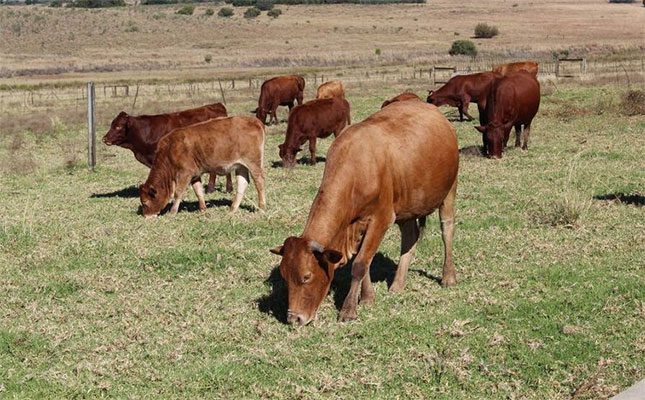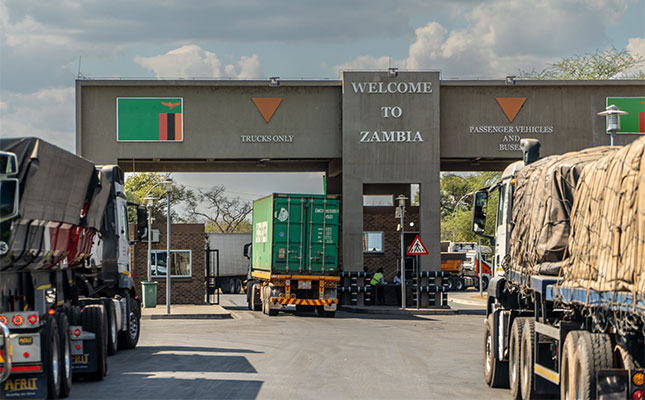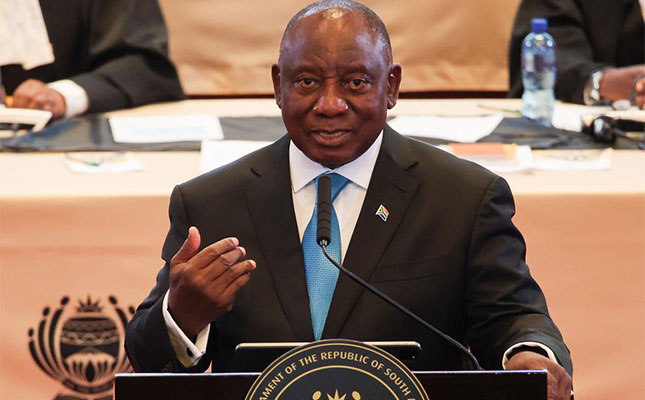
If South Africa is to avoid this costly path, we must improve our handling of disease outbreaks. Indeed, there is a need for behavioural change and for farmers to be extra vigilant in the movement of livestock.
However, we must also explore whether a broad nationwide vaccination approach would be the most effective path to handling these diseases. We have seen some countries, such as Brazil, which have followed this path and successfully managed to control the diseases while continuing their export activity over time.
Drastic changes are needed
However, to pursue such a path, we must have broad industry buy-in, especially from the major feedlots, which are key to integrating small- and medium-scale livestock farmers into the formal value chain.
Without drastic changes to our approach, we risk not only the industry’s prosperity but also limiting the participation of the small- and medium-scale farmers in the value chain. The higher the risk of disease outbreaks, the more reluctant major feedlots may be to absorb products from smaller players.
We can act immediately to implement better controls at the fences surrounding the infected zones and ensure they are staffed 24/7, preventing any animals from crossing those boundaries.
We need to ask the officials in Limpopo, Mpumalanga, and KwaZulu-Natal why they haven’t already implemented this important recommendation from the Biosecurity Task Team made three years ago. The control of movement out of the infected zones is the most important task, apart from nationwide vaccination.
Risks to SA’s reputation
Moreover, if South Africa continues to experience frequent outbreaks, we will face a reputational risk in global markets. The risk in such markets extends not only to cattle farmers and the beef industry but also to the sheep industry and wool exporters.
We already saw this in 2022 when China temporarily suspended imports of South African wool due to concerns about the spread of FMD. Strangely, this was when the outbreak was only in cattle.
More recently, at the start of 2025, the UK also suspended wool imports from South Africa due to the current outbreak of FMD in Cattle. This again illustrates the negative reputation or perception, rather than the reality, of our sheep industry, which has no active cases of the disease.
However, if we as a country decide to adopt the path of nationwide vaccination, the manufacturing of the vaccine would need to increase. Embarrassingly, we currently import all our FMD vaccines from Botswana.
We have seen our manufacturing capacity at the Onderstepoort Biological Products (OBP) decline significantly due to corruption and human resource challenges.
The Department of Agriculture’s current leadership is working to revive the OBP, but it will be a while before we realise the gains of the revival efforts. Moreover, even if the facility’s capacity is improved, it remains uncertain whether we’ll be able to produce enough of the vaccine for regular nationwide use.
Thus, bringing private labs onboard to produce the FMD vaccine may be ideal and a no-brainer. The government could select specific labs designated for production, in addition to OBP.
It serves no one to resist widespread vaccination to secure export markets, especially when those exports remain at risk of frequent outbreaks of FMD.
Perhaps renegotiating some markets as a country that vaccinates, as South American countries have done, may be the most viable path. Thus, we must ask the challenging question: Is it time for South Africa to start the nationwide vaccination of cattle for FMD?
Wandile Sihlobo is the chief economist at Agbiz. For more information email him at [email protected]. He is the author of three books: The Uncomfortable Truth About South Africa’s Agriculture (2025); A Country of Two Agricultures: The Disparities, The Challenges, The Solutions (2023), and Finding Common Ground: Land, Equity and Agriculture (2020).
Get trusted farming news from Farmers Weekly in Google Top Stories.
➕ Add Farmers Weekly to Google ✔ Takes 10 seconds · ✔ Remove anytime






